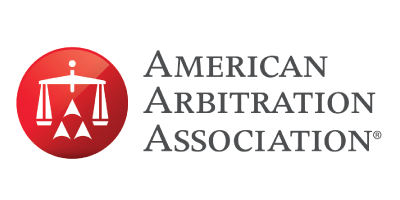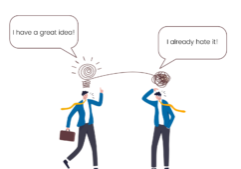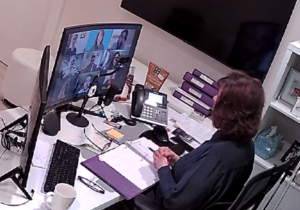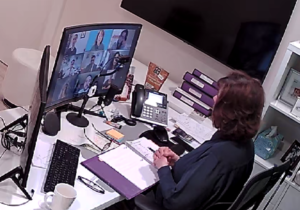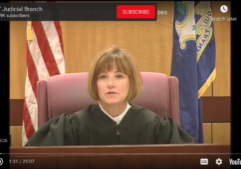Reactive Devaluation. What does that mean?
by Judge Elaine Gordon (ret.)
October 2023

Elaine Gordon is a retired Superior Court judge and founder of Gordon ADR. She is a member of the National Academy of Distinguished Neutrals and a Distinguished Fellow of the International Academy of Mediators.
Humans use unconscious mental shortcuts when they make decisions. The first problem is that most people don’t realize when they are doing it. The second problem is that some of these shortcuts produce unwanted consequences. Behavioral economists call this result cognitive bias.
One of these biases, reactive devaluation, shows up in almost every mediation. It occurs when lawyers devalue proposals simply because they are coming from the other side. This bias has a significant effect on negotiations. Reactive devaluation can lead to a downward spiral of mistrust and hostility, making settlement more difficult.
To some degree, lawyers can work against this bias by becoming aware of it. But since the reaction is quick and unconscious this is difficult to recognize.
Skilled mediators can provide an effective intervention in the face of reactive devaluation. We spend much of our time diffusing reactions that threaten possible settlement. We deliver messages and temper reactions. Countering reactive devaluation is at the core of our work because we deal with many situations in which trust is a major issue.
Litigation itself invites distrust. If the parties have a prior relationship which gives rise to the litigation, distrust is assured. Using a professional mediator provides the opportunity to interpret and reframe the response and avoid any derailment of the negotiations.
As mediators, we work hard to foster goodwill and trust as antidotes to reactive valuation, while trying to bring perspective and hope to the parties. It is all part of helping clients go from conflict to resolution.
You may also be interested in ...

